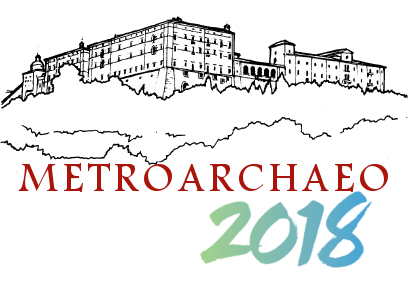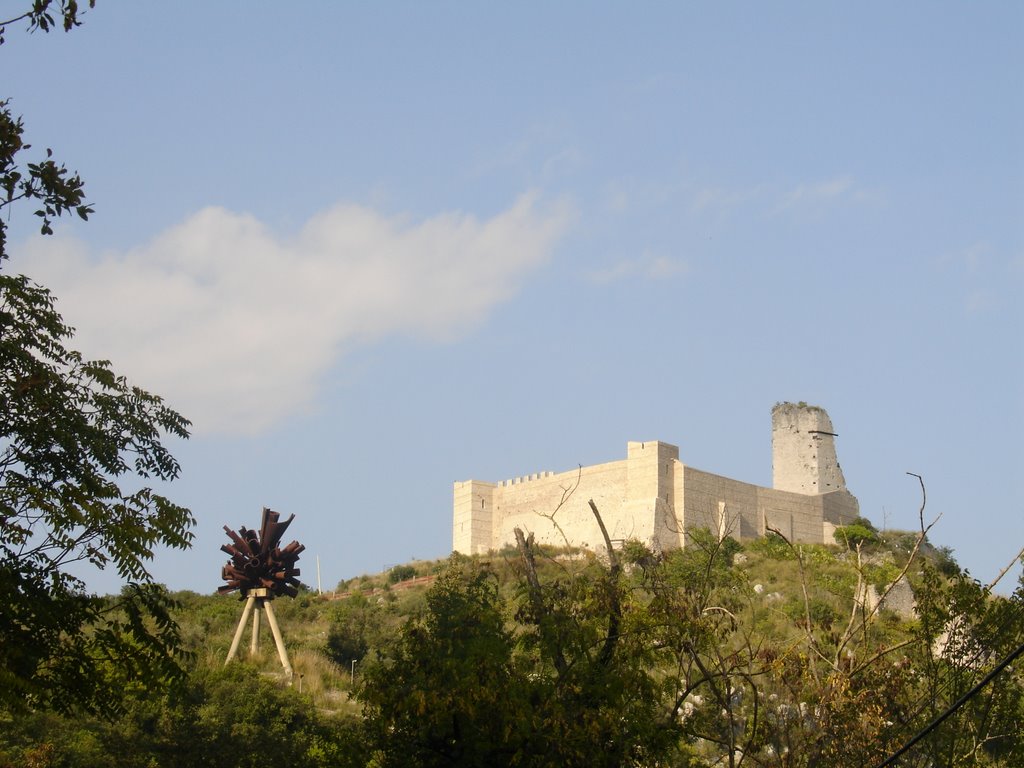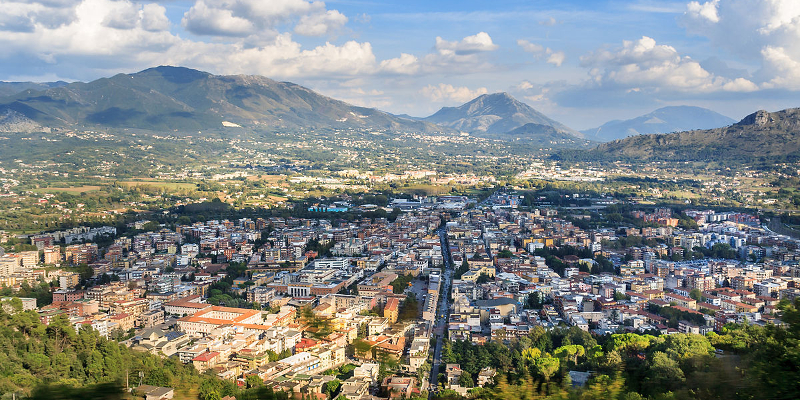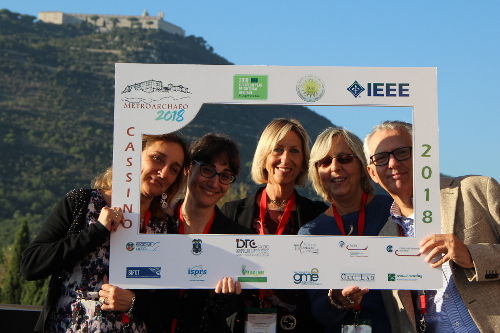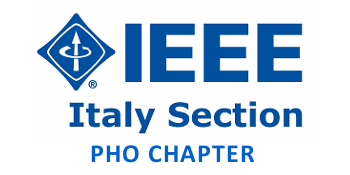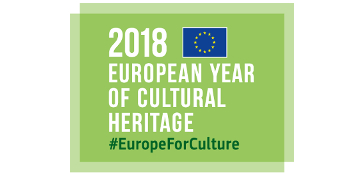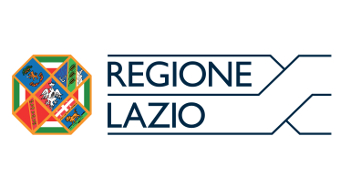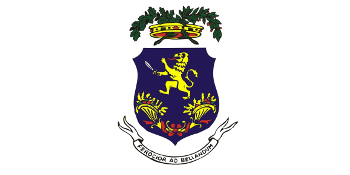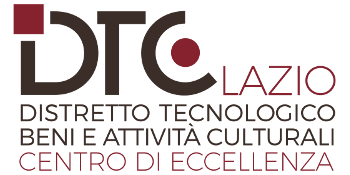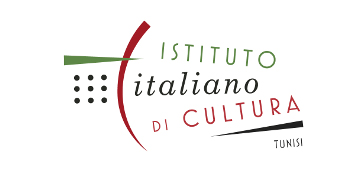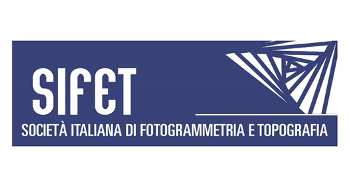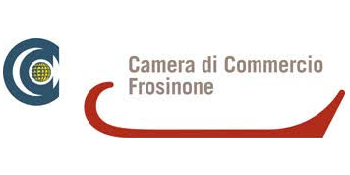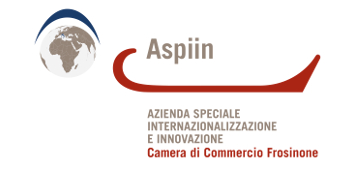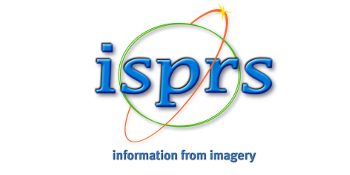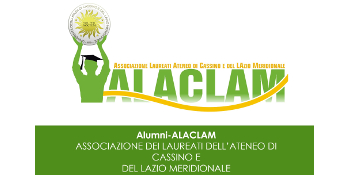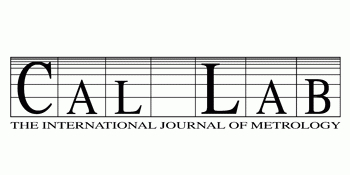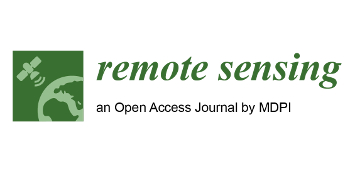Archaeopalynology for the reconstruction of environmental and cultural landscapes
ORGANIZED BY
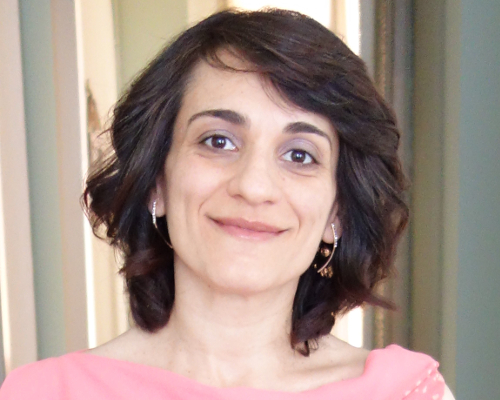
Assunta Florenzano
University of Modena and Reggio Emilia, Italy
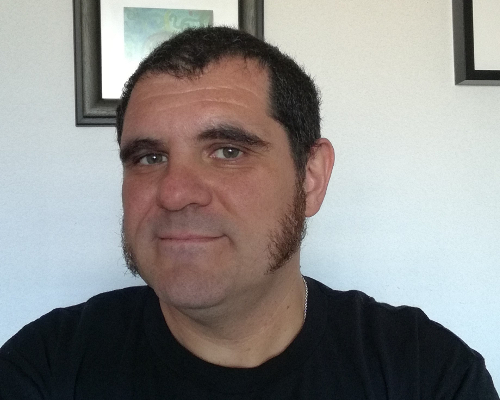
Sebastián Pérez-Díaz
Spanish National Research Council, CSIC, Spain
ABSTRACT
Archaeopalynology is a key discipline in the understanding of present-day landscapes and in defining past relationships between humans and the environment. The study of pollen from archaeological deposits (on-site spectra) provides valuable insights into both human activities near the site and - indirectly - environmental features, improving knowledge of land-use, vegetation changes and climatic conditions, with a high chronological resolution. Human behavior and cultural aspects of plant exploitation are clearly recognizable in pollen spectra from archaeological contexts, thus resulting ideal archives to evaluate cultural landscape and human impact. Moreover, on-site pollen data improve the resolution of palaeoenvironmental changes recorded at regional and supra-regional scale from off-site marine and continental cores.
In this session, we invite contributions on palynological researches carried out on archaeological sites from different cultural and geographical context that may refine the understanding of long-term human-environment interactions and help to detail the anthropogenic elements that might have been involved in landscape transformations. Moreover, studies on off-site palaeobiological records (marine, lake or peat cores) showing evidence of human activities equally well fit within the session. We welcome multi-proxy studies spanning from any time frame from Prehistory to Modern Age that make use of high resolution analysis of palaeoecological indicators (integration of pollen, non-pollen palynomorphs, and microcharcoal particles) to describe and reconstruct paleoenvironments and cultural landscapes.
We wish to bring together a diverse suite of oral and poster presentations that improve our understanding of the current landscapes, and help to define past, present and future relationships between humans and the environment.
ABOUT THE CONVENERS
Assunta Florenzano, palynologist and archaeobotanist, is a post-doc researcher and adjunct professor of ‘Botany’ for the Bachelor’s Degree in Natural Sciences. She has an MSc in Sciences of Restoration and Conservation of Archaeological Heritage (2008), and a PhD in Earth System Sciences (2013, University of Modena and Reggio Emilia, IT). She is contributor to the EMPD - European Modern Pollen Database, and scientific secretary of the Research Network “BRAIN - Botanical Records of Archaeobotany Italian Network” (https://brainplants.unimore.it/). She is member of the Italian Society of Botany (SBI).
She published over 50 papers on scientific journals and books (22 with IF, in ISI or SCOPUS database). Her current research is focused on applied palynology, archaeobotany, palaeoecology, plant landscape reconstruction and human impact on the Mediterranean basin.
Sebastián Pérez-Díaz, post-doctoral researcher at the History Institute CSIC, archaeobotanist specialized in the synchronism between cultural and environmental changes through palynology and other palaeoenvironmental indicators. He obtained his degree in History and a PhD at the University of the Basque Country (Spain). He is member of the Association of Spanish Language Palinologists (APLE). He has co-authored 76 papers (32 with IF, in ISI or SCOPUS database), 43 book sections and 6 books, related to the relationships between Humans and the Environment along SW Europe and North Africa. He has been invited as speaker in 14 conferences, is member of the research team in 56 research projects and Invited Professor for more than 19 graduate and master training programs.

